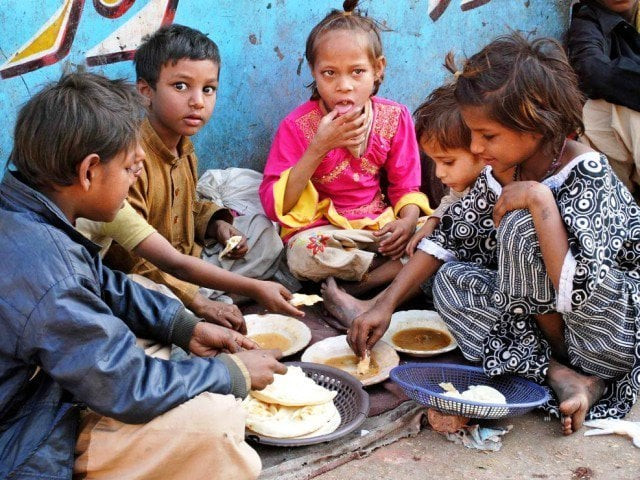LAHORE:
Punjab represents 10 million estimated 26 million children in school in the country, according to a UNICEF report. The recently published report declared that Pakistan had one of the highest proportions in the world of children out of school. It is believed that thousands of children who are out of school serve in workshops and factories.
The report revealed that only 66 percent of children in the province could complete primary education. Thus, one in three children died not studying until the fifth grade. Another alarming finding of the report is that only 12% of children from seven to 14 years have basic mathematical skills, a significantly lower figure than the 22% average in the lowest middle -income countries worldwide. Education experts warn that these numbers highlight a severe crisis in the quality and performance of the country’s education system. They say that the report has exposed government claims regarding their efforts to bring children out of school to education.
A senior official of the Punjab School Education Department said: “The report establishes that approximately 26 million children are currently out of school in Pakistan and that this is a greater number than the entire population of countries like Sri Lanka. Of these, 10 million belong to Punjab, the most populous province in the country.”
The statistics cited in the report also showed that some elements were deceiving the Punjab government on the issue of children outside the school in the province, said the official.
According to sources, false data entries of thousands of children in the province were recently detected. The school administrations allegedly participated in the false admission data record and the Ministry of Education had taken note of the matter.
The report also highlights the disparities rooted in the distribution of educational resources. Government schools receive almost 3.8 times more funds per student compared to private institutions operating under the Punjab (PEF) education foundation.
On the other hand, the teacher’s representative argues that government policies are expanding the gap in educational results and reinforcing classes based on the sector.
The report also highlighted the rapid growth of the population, urging immediate reforms to restore balance and equity in education and call the situation a threat to the stability and future progress of the country.
“In the past, several programs were launched in the province to increase the literacy relationship, including universal primary registration and schools for the poor, but the real problem is the increase in the population,” Rana Liaqat Ali, Secretary General of the Union of Punjab teachers.
He said that the authorities were not building new schools and subcontracting existing institutions.
“A low literacy relationship in the country, including the province, is an important problem and our policy formulators should seriously think about the problem of children outside school,” he added.




